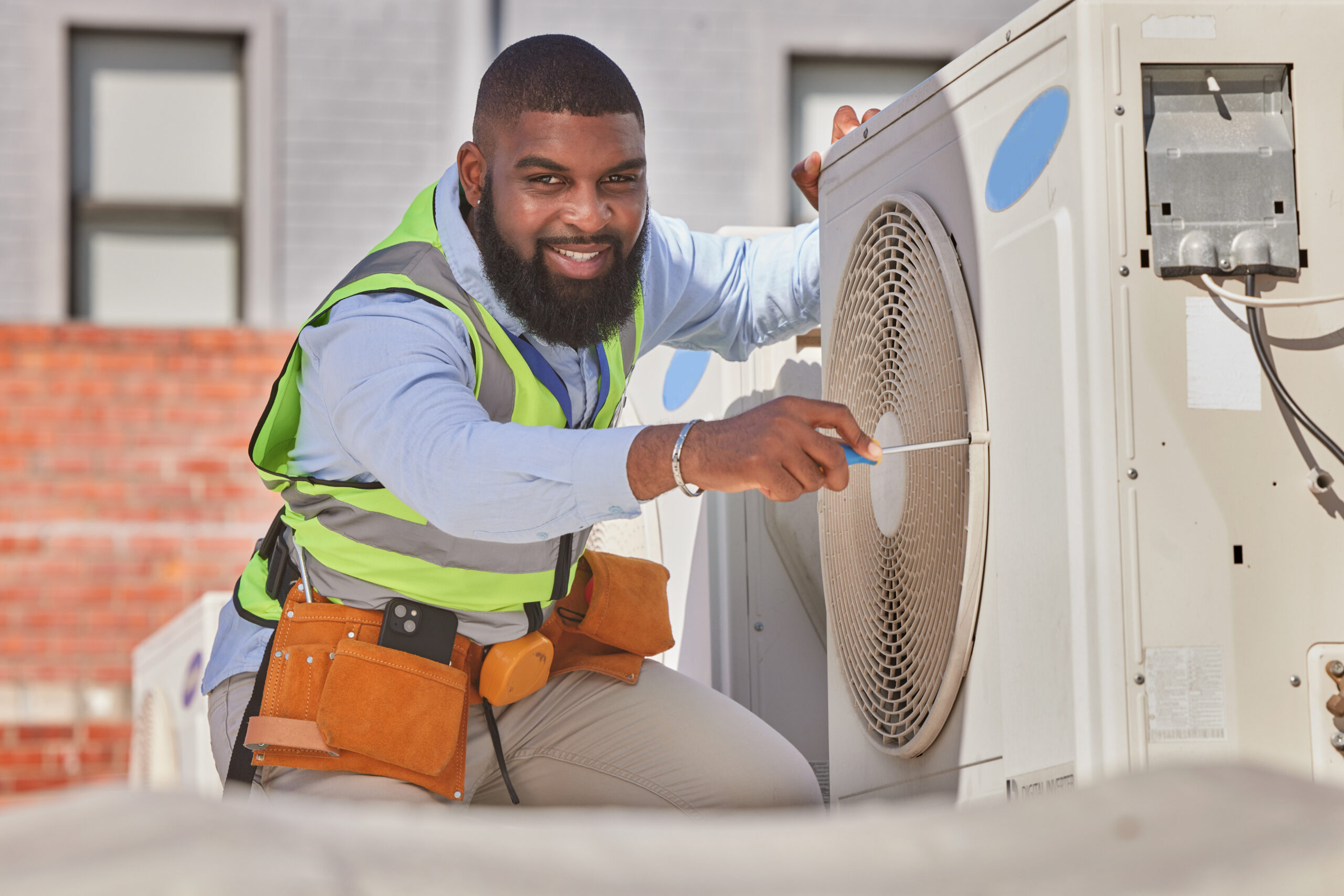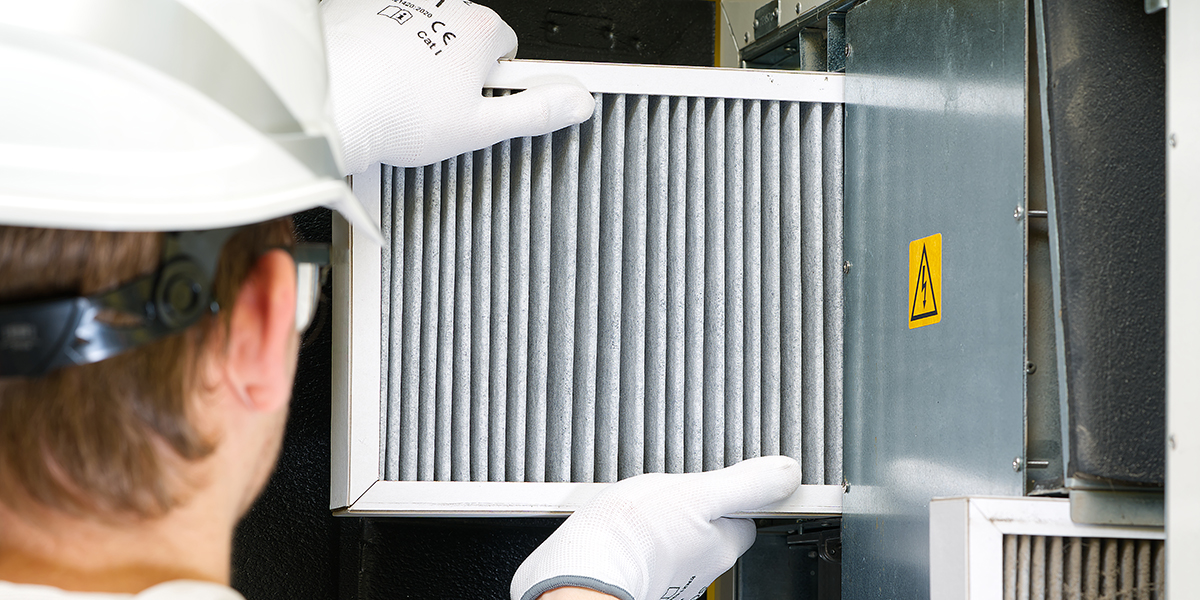Having a powerful, stable HVAC system to heat your home is crucial to enduring harsh Midwestern temperatures, and furnaces are one of the main components to any HVAC system. Between a gas vs electric furnace, what’s the right option to keep your home comfy and warm? Depending on where you live, this answer changes drastically. Together, let’s look at the pros and cons of gas vs electric furnaces to see which machine works best for you!
Discover the Key to Better Air Quality Through Mechanical Ventilation!
Know Your Gas and Electric Furnaces
Gas furnaces run on combustion. Using a gas line, valve, and igniter, the gas is ignited within the system and captured by a heat exchanger, which safely extracts and distributes heat throughout the home. Any exhaust or carbon monoxide created through the combustion is separated and released out of the furnace’s PVC pipe, thus keeping your home’s air clean of toxins.
Unlike a gas furnace, an electric furnace uses an air handler with heating coils to conduct auxiliary heat, which, combined with an electric heat pump, works to generate warmth throughout the home.
Gas vs Electric Furnace: Pros and Cons
Factors such as location, weather, energy efficiency, and pricing can impact which furnace will work best for your HVAC purposes. Here’s a look at the pros and cons of gas vs electric furnaces that homeowners can expect:
Gas Furnace
Pros
- Powerful Heating: Gas furnaces have a greater heating capacity than electric furnaces due to the high amount of heat they generate. In fact, gas furnaces are known to be energy efficient, and use less energy to quickly heat a home when cold weather strikes. Gas furnaces are a perfect choice for large homes or homes in northern states that endure heavy winters while keeping costs down.
- Energy Costs: Because gas furnaces rely on natural gas, they often generate more heat for less expense compared to electric furnaces since natural gas is a cheaper fuel source.
Cons
- Safety Risks: Due to its reliance on natural gas, homeowners with gas furnaces must be cautious of potential gas leaks within the home. There is also the possibility of carbon monoxide leaks.
- Installation Costs: On average, the average cost of a gas furnace is $2,100, with installation and labor costs adding $3,800 to $10,000. Combined with maintenance repairs that range anywhere from $300 to $1,200, gas furnaces can set back homeowners a significant amount of money
All Gas vs Electric Furnace: Pros and Cons

Between a gas vs electric furnace, gas furnaces work best in states that experience intense, cold weather.
Electric Furnace
Pros
- Safe Energy: Since electric furnaces only rely on electricity to heat the home, homeowners don’t have to worry about the risk of toxic substances leaking into the air.
- Cost-Efficient Machinery: Typically, electric furnaces cost about $835, and include additional installation fees ranging between $2,000 and $7,000. As a result, electric furnace owners can save a great deal of money when buying their HVAC system.
Cons
- Energy Bills: Though the machinery is less expensive, electric furnaces cause homeowners’ energy bills to spike during use. In wintertime, electric furnaces must work harder and longer to heat the whole home, causing more energy to be used. According to the U.S. Energy Information Administration, homeowners using electric furnaces in winter between 2022 and 2023 would spend around $1,359 on average, while gas furnace owners would spend about $930.
- Winter Strain: Electric furnaces take time to heat up the home. This limitation makes it difficult for electric furnaces to heat homes in heavy winter states in the north or Midwest, like Indiana or Wisconsin.
Find Your Heating System with ALL Temp
Choosing between a gas vs electric furnace all depends on which will work best in your home. At ALL Temp, our goal is to provide you the best service and guidance to select the right HVAC system you need. To learn more about our services and heating options, contact our experts today!





